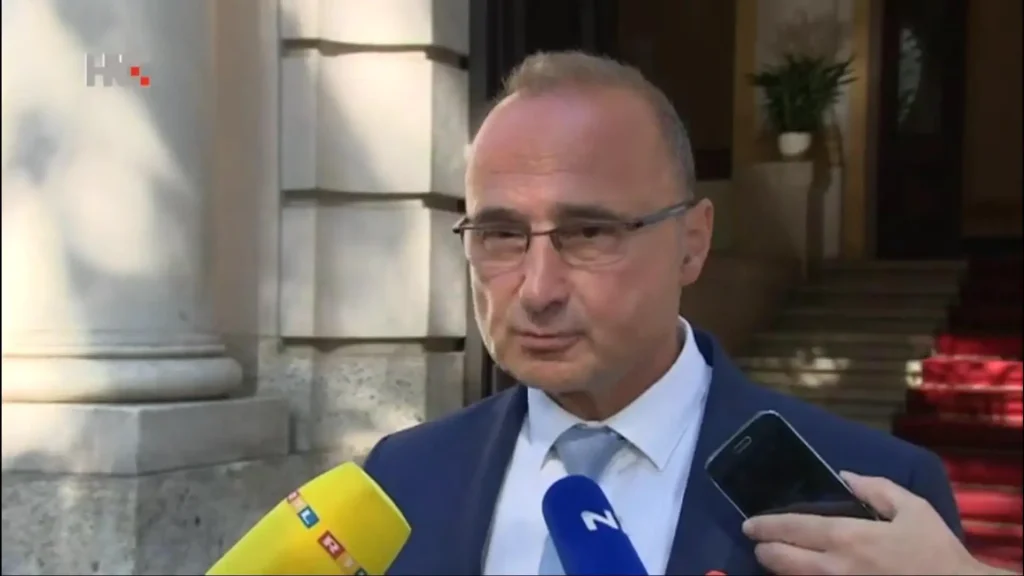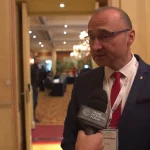Kosovo declared its independence in 2008 and it has been recognised by about one hundred countries, including all EU member states with the exception of Cyprus, Greece, Romania, Spain and Slovakia.
“Croatia encourages the remaining five EU member states to recognise Kosovo because that would contribute to stabilising the region and Kosovo itself,” Grlić Radman told reporters.
Today Grlić Radman is participating at the international GLOBSEC conference in Bratislava, convened to discuss also the situation in the western Balkans.
Croatia’s foreign minister said that three things were key to the region’s stability: respecting countries’ territorial integrity, equal constitutional rights of Bosniaks, Serbs and Croats in Bosnia and Herzegovina, and the establishment of mutual trust after the 1990s wars.
“The territorial integrity of Balkan countries needs to be preserved and respected, hence without changing borders like we heard over the past few months in some much-vaunted non-papers that were heading in that direction,” said Grlić Radman.
He believes that trust can be achieved through sincere talks, by resolving the issue of the war missing, processing war crimes and providing justice for the victims.
Speaking about BiH, he said the country is trapped between two political tendencies – centralism, or rather unitarism, and separatism.
“That undermines the foundations of a stable BiH and negatively reflects on the status of the Croat people in BiH,” he underscored.
He reiterated Croatia’s stance that the multi-ethnic BiH needs to reforms the election law to eliminate any form of discrimination and violation of equal rights.
Grlić Radman said that Croatia is a “sincere advocate” of BiH’s Euro-Atlantic pathway and that at all international forums it keeps that country in the limelight because it is in its interest to have a stable, functioning and prosperous country in its neighbourhood.
For more about politics in Croatia, follow TCN’s dedicated page












